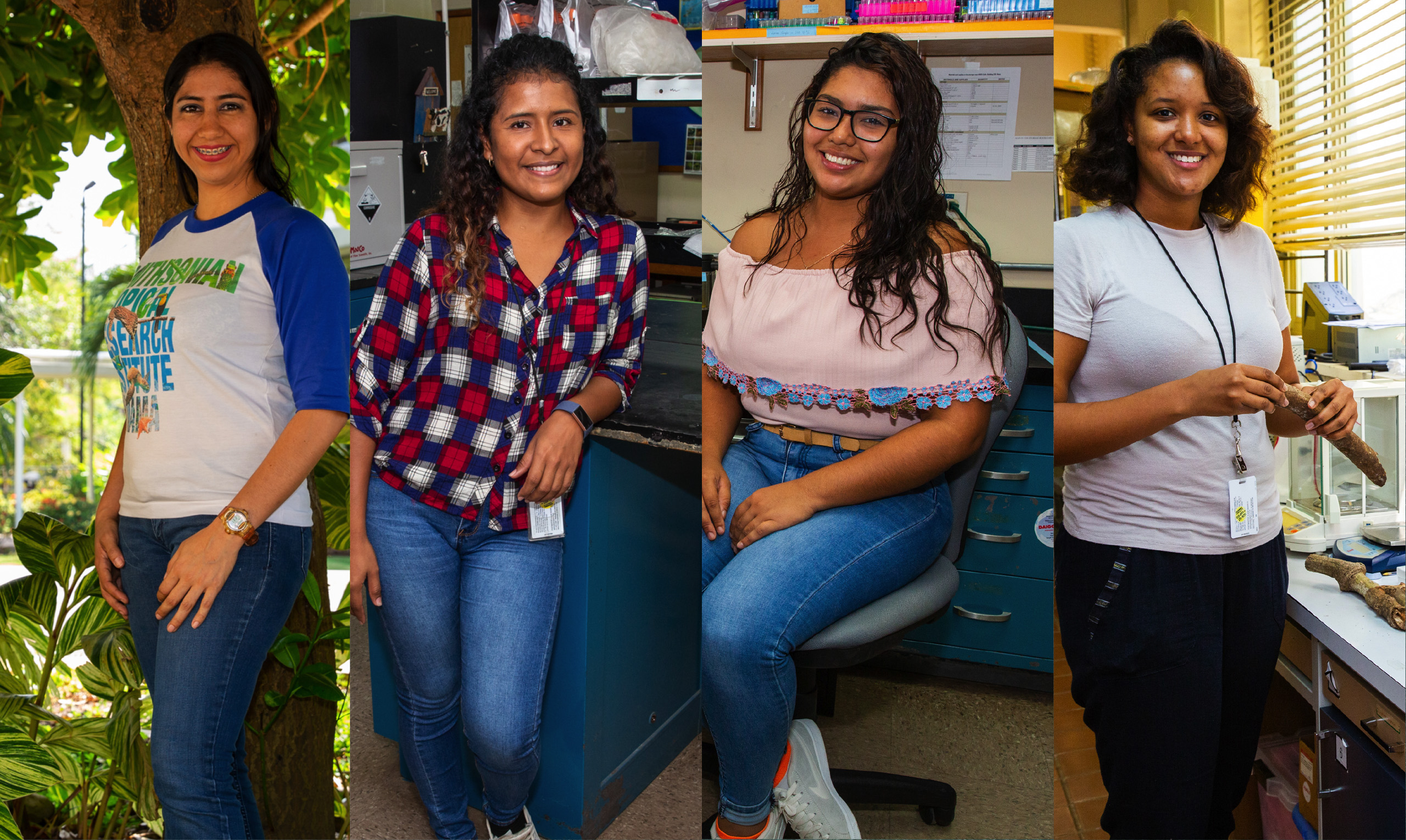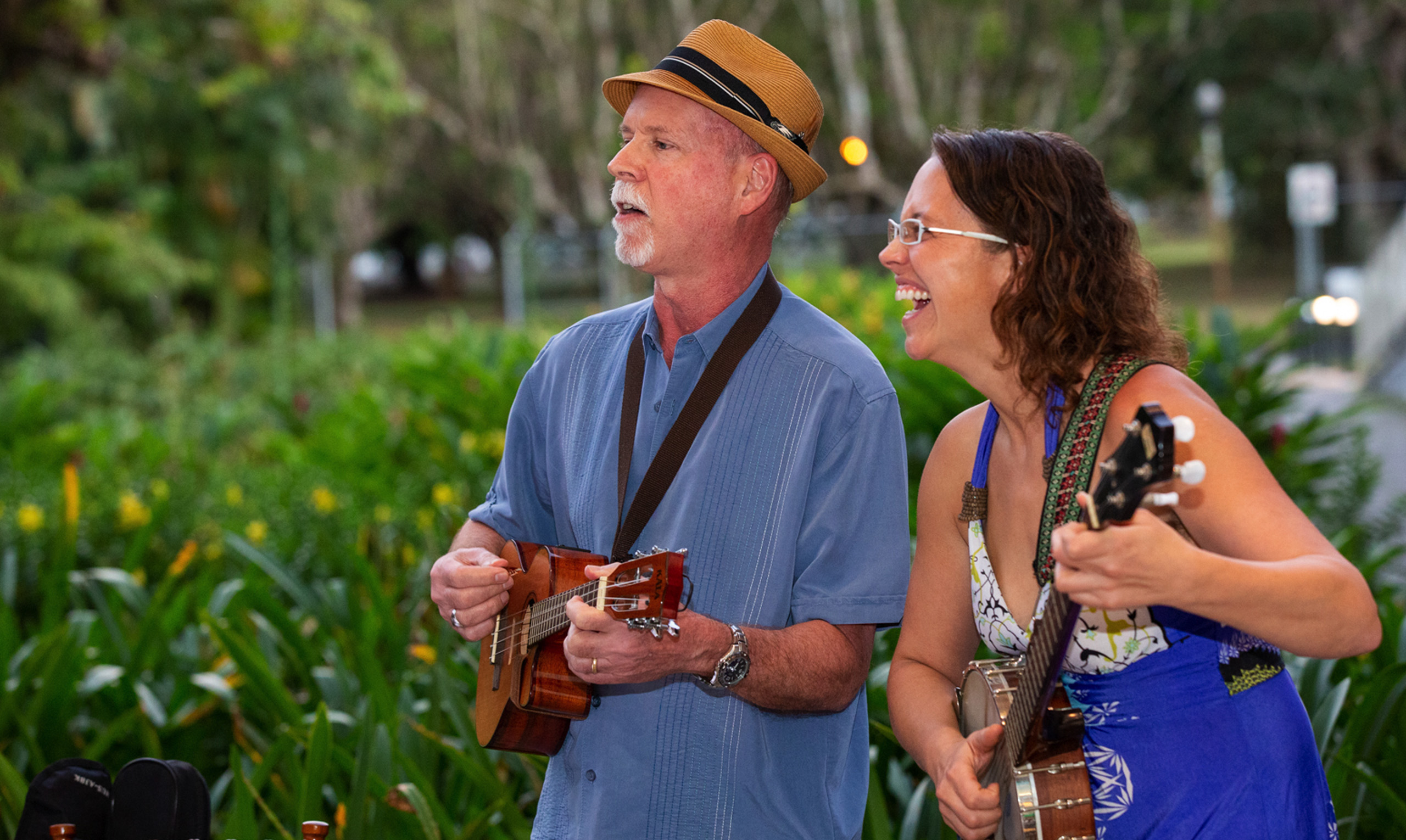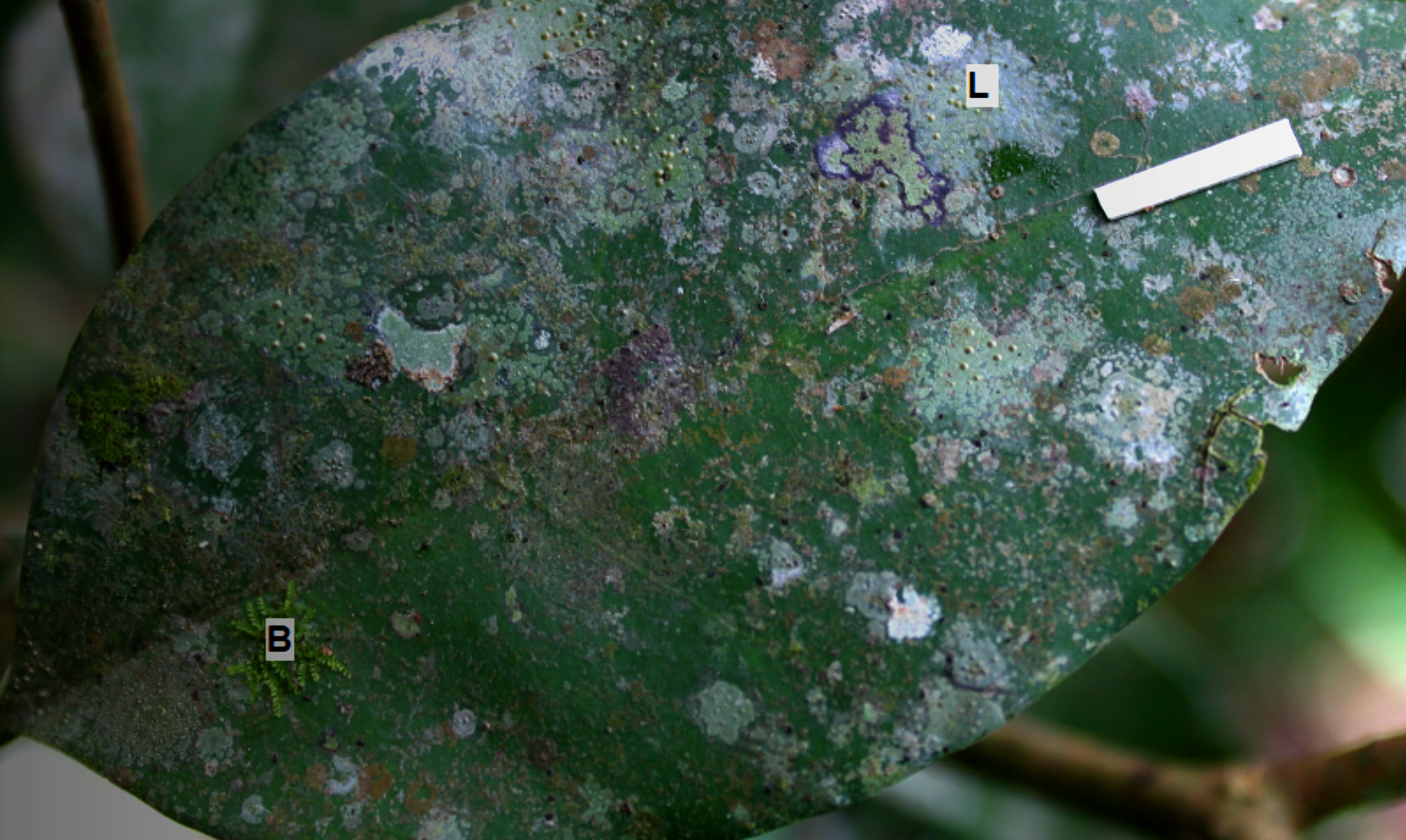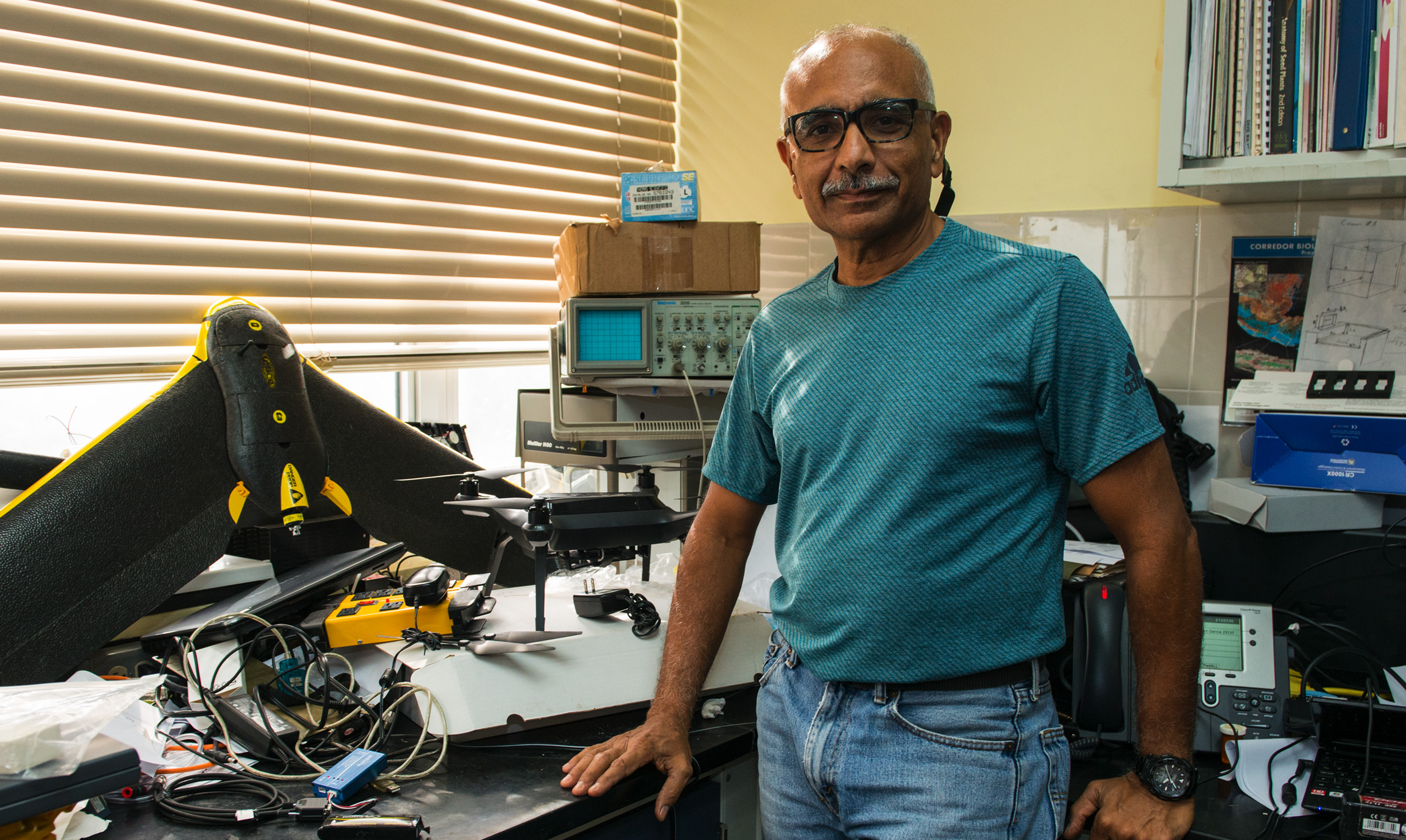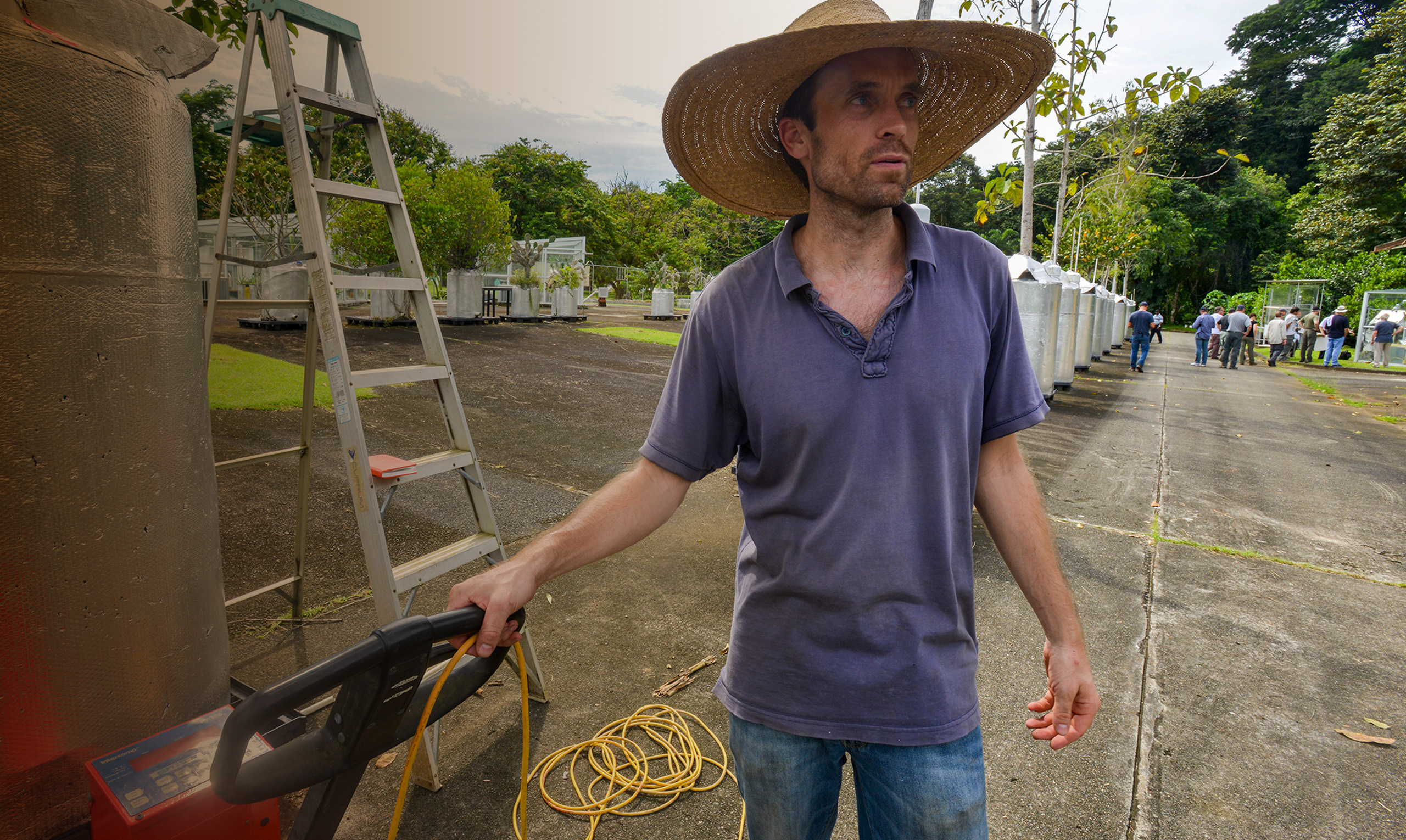Las interacciones ecológicas y sociales afectan las respuestas conductuales de los organismos. Las sociedades de hormigas en mutualismos obligados con plantas son una pareja fascinante para estudiar la co-evolución. La planta y las necesidades que esta crea en la sociedad de las hormigas moldean el comportamiento y la morfología de los miembros de la sociedad.
Ph.D. en Filosofía. Ecología, Evolución y Comportamiento. Universidad de Texas en Austin, 2014. Disertación: Brain and behavioral traits of acacia ants.
M.Sc. en Biología con honores. Universidad de Costa Rica, 2009. Disertación: Division of labor and pruning behavior of acacia ants.
B.S. en Biología. Universidad de Costa Rica, 2005.
Amador-Vargas S., Wcislo W.T. 2021. Nestmate interference in acacia ants vary with colony size and task-specialization. Animal Behavior 181: 151–163.
Gijsman, F., Gonzalez Y., Guevara M. & Amador-Vargas S. 2021. Short-term plasticity and variation in acacia ant-rewards under different conditions of ant occupancy and herbivory. The Science of Nature. 108(4):31. doi: 10.1007/s00114-021-01738-w.
Farji-Brener A.G.& Amador-Vargas, S. 2020. Plasticity in extended phenotypes: how the antlion Myrmeleon crudelis adjusts the pit traps depending on biotic and abiotic conditions. Israel Journal of Ecology and Evolution 66: 41–47.
Amador-Vargas, S., Dyer J., Arnold N., Cavanaugh L. & Sánchez E. 2019. Acacia trees with parasitic ants have fewer and less spacious spines than trees with mutualistic ants. Naturwissenschaften 107:3.
Amador-Vargas, S. & Mueller, U.G. 2017. Ability to reorient is weakly correlated with central-place versus non-central-place foraging in acacia ants. Behavioral Ecology and Sociobiology 71: 43.
Amador-Vargas, S., W. Gronenberg, W. Wcislo, U. G. Mueller. 2015. Specialization and group size: brain and behavioural correlates of colony size in ants lacking morphological castes. Proceedings of the Royal Society B. 282: 2014-2502.
Kardish, M.R., Mueller, U.G., Amador-Vargas, S., Dietrich, E.I., Ma, R., Barrett, B., Fang, C.-C., 2015. Blind trust in unblinded observation in Ecology, Evolution, and Behavior. Frontiers in Ecology and Evolution 3: 51.
Amador-Vargas, S., M. Dominguez, G. León, B. Maldonado, J. Murillo, and G. L. Vides. 2014. Leaf-folding response of a sensitive plant shows context-dependent behavioral plasticity. Plant Ecology 215: 1445–1454.
Amador-Vargas S. 2012c. Run, robber, run: parasitic acacia ants use speed and evasion to steal food from ant-defended trees. Physiological Entomology 37: 323-329.
Amador-Vargas S. 2012b. Behavioral responses of acacia ants correlate with age and location on the host plant. Insectes Sociaux. 59: 341- 350.
Amador-Vargas S. 2012a. Plant killing by acacia ants (Pseudomyrmex spinicola) increases the density of host species seedlings in the dry forest of Costa Rica. Psyche. Special Issue: Advances in Neotropical Myrmecology 2012: 1-6.
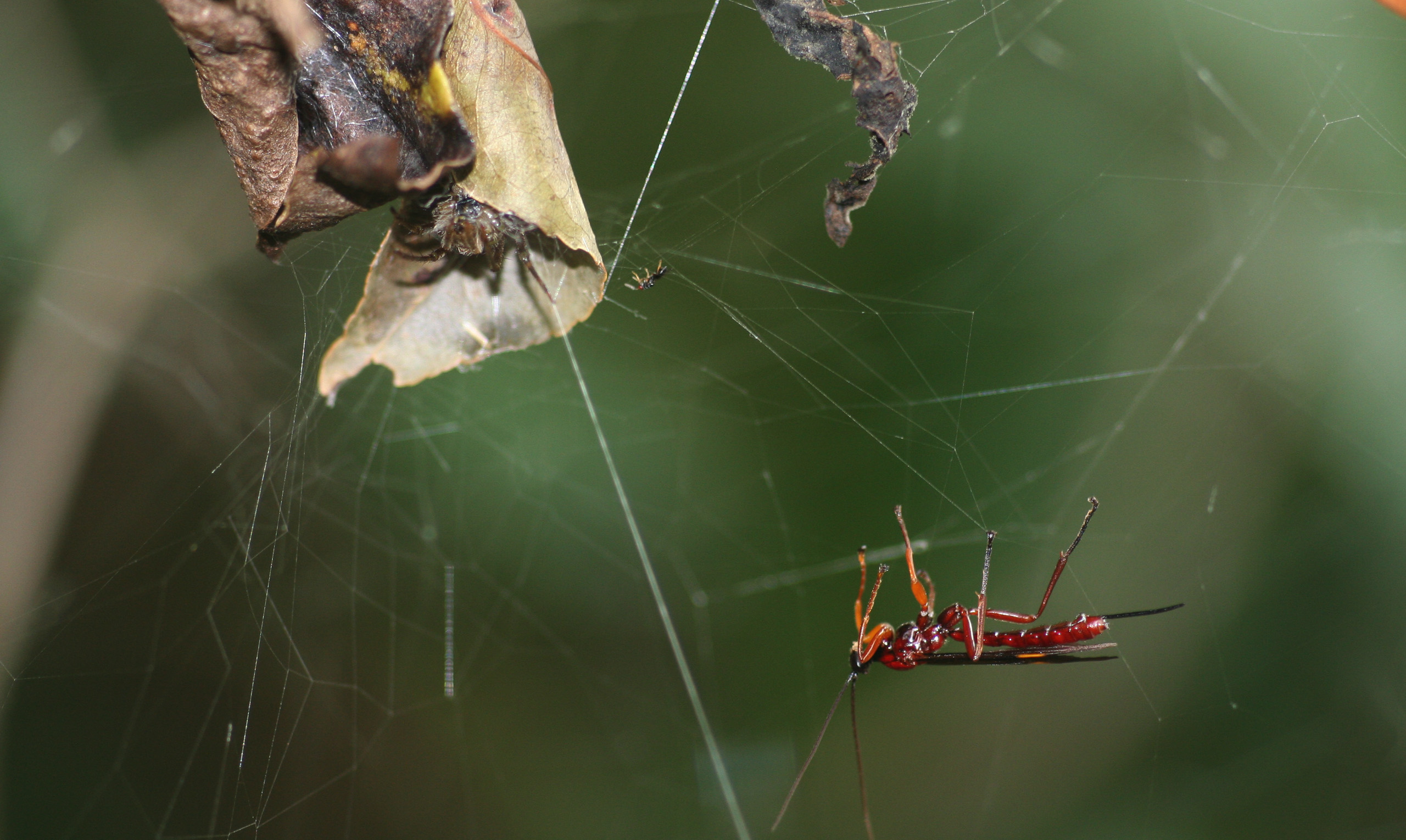 green
William Eberhard
green
William Eberhard


